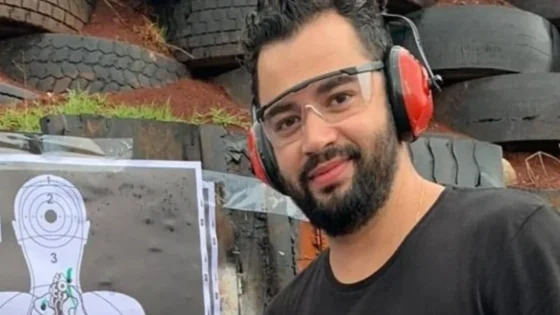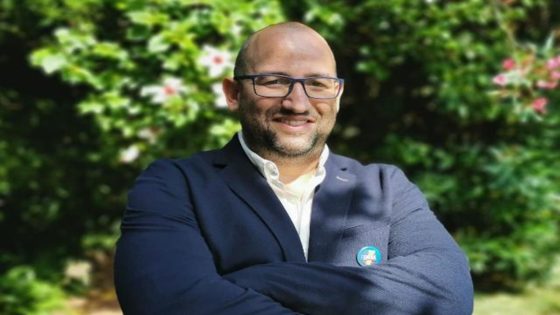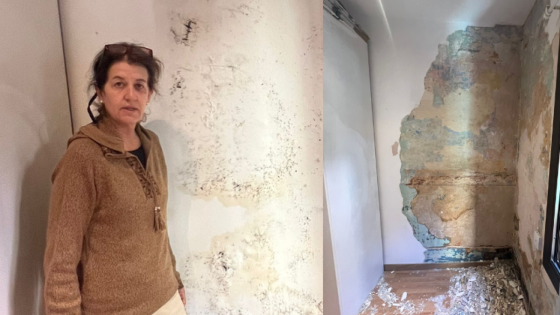A Brazilian court has allowed Jorge Guaranho, convicted of killing the treasurer of the Workers’ Party (PT), to serve his 20-year sentence under house arrest starting February 14, 2025. This decision raises questions about justice and public safety, especially considering the circumstances surrounding the crime.
- Jorge Guaranho sentenced for killing PT treasurer
- Granted house arrest due to health issues
- Initial sentence was 20 years in prison
- Incident occurred during a birthday party
- Guaranho attacked before shooting Arruda
- Defense cites neurological and motor limitations
Guaranho’s case is notable not only for its violent nature but also for the implications it has on legal proceedings in Brazil. How do legal systems balance health concerns with justice?
Jorge Guaranho’s House Arrest: A Controversial Decision in Brazil
What does Guaranho’s house arrest mean for Brazil’s legal system? After being sentenced for the murder of Marcelo Arruda during a political-themed birthday party, Guaranho’s health concerns led to a shift from prison to home confinement. This raises significant questions about the balance between health and justice.
The Background of the Marcelo Arruda Murder Case
On the night of the murder, Marcelo Arruda was celebrating his 50th birthday with a Workers’ Party-themed party when Guaranho disrupted the event. The incident escalated quickly, leading to a tragic confrontation that resulted in Arruda’s death. This case has sparked discussions about political violence and its consequences in Brazil.
Key Details of the Incident and Its Aftermath
The events surrounding the murder of Marcelo Arruda are critical to understanding the implications of Guaranho’s house arrest. Here are some key points:
- Guaranho entered the party shouting political slogans.
- He initially left but returned with a firearm.
- Arruda, also armed, attempted to defend himself.
- The altercation resulted in Arruda’s death and Guaranho’s injuries.
Health Concerns and Their Impact on Sentencing
Guaranho’s defense argued that his health issues, stemming from injuries sustained during the incident, warranted a change in his sentencing. The court acknowledged these concerns, leading to the controversial decision for house arrest. This case raises important questions about how health can influence legal outcomes.
As the situation unfolds, it remains to be seen how this decision will affect public perception of justice in Brazil. Will it set a precedent for similar cases in the future?































